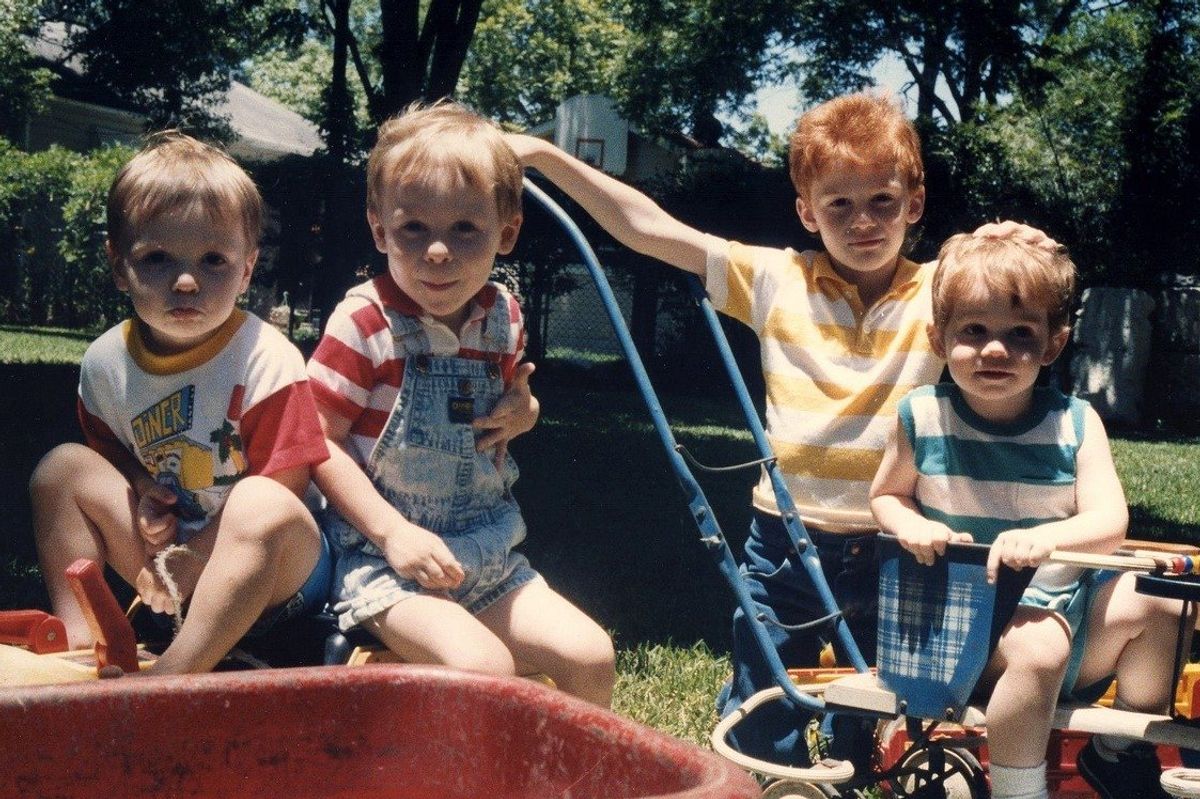
The birth rate in the U.S. has steadily declined since the Great Recession. Between 2007 and 2023, it has decreased by nearly 23%. In 1950, the average American woman had 3 children. Now, she has only 1.6, which is drastically lower than the replacement rate of 2.1.
The dropping birthrate has many worried that it will upend government programs because there won’t be enough young people to work and pay taxes to support older people on Social Security and Medicare.
Faith Hill from The Atlantic recently illustrated another problem with the declining birthrate in the U.S. and Europe that no one talks about: the decline of cousins.
“If everyone hypothetically went from having five kids to having four kids, that would mean one less sibling for each child,” Hill wrote, quoting demographer Sha Jiang. “But it would yield a much bigger decrease in first cousins: Instead of a child having four aunts or uncles who each have five kids—20 cousins—they would have three aunts or uncles who each have four kids, for a total of 12.”
Further, only about 6% of adult cousins live in the same U.S. census tract. The rest are about 237 miles apart.
TikToker Miriam Tinney, who curates interesting stories she finds online, shared the news in a video that has over 3.7 million views.
What do you think?
@miriam_tinny What do you think? #family #cousins #relationships #siblings #theatlantic
Psychologists believe cousins play an essential role in families because even though they are relations, the emotional bonds with them may not be as tight. “Cousins, extended family, allow psychological distance that immediate family cannot,” relationship therapist Larry Shushansky told The Chicago Tribune. “Relationships with cousins afford a certain space, a certain independence, that allows us to have different kinds of experiences with them.”
“They can be a source of balance … affording the closeness and common bond that exists in families, as well as the psychological distance that is one step removed from the dependency that causes anxiety and conflict within immediate [family members],” Shushansky continued.
This unique position in the family allows cousins to take on various roles. Your cousin can be a mentor, friend, acquaintance, partner in crime at family functions or someone who helps you understand your extended family.
A cousin may not be the family member who lends you a kidney, but they can be the person who helps you mend fences with a sibling or allows you to cut loose at a family gathering because neither of you fears the other’s judgment.
“Without cousins, who will my kids go smoke with on the cousin walk at Thanksgiving?” Rebeccaversonx commented on Tinny’s video. “I’m ethnic sooooooo cousins are basically another set of siblings,” Viv added.
“I don’t think they surveyed POC because cousins in non-white families are usually super close,” Britty added.
Given that cousins can have a significant role in our lives, Hill is right to lament the loss of the important, if not necessarily vital, relationship.
“A cousin-sparse future, then, could be a greater loss than people might recognize,” Hill wrote. “It might also make the relationship that much more important: With fewer of them around, cousins may need to depend on one another even more. Families are shrinking—but that doesn’t mean they need to come apart.”
